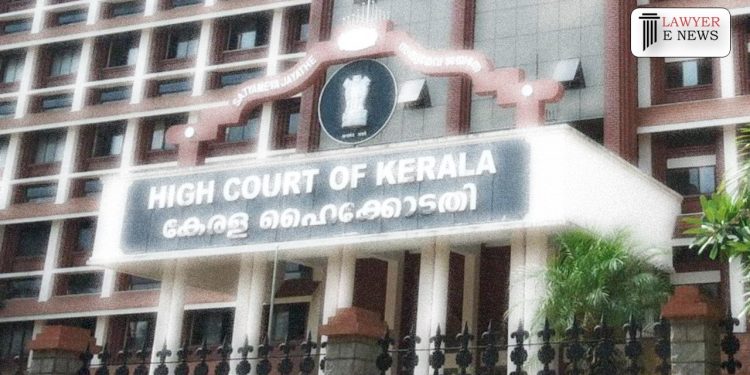Absence of Material Evidence Renders Detention Order Illegal: Kerala High Court Sets Aside COFEPOSA Detention

In a significant ruling, the Kerala High Court today set aside a detention order under the Conservation of Foreign Exchange and Prevention of Smuggling Activities Act, 1974 (COFEPOSA), emphasizing the necessity of concrete evidence for such detentions. The case (W.P.(Crl.).No.44 of 2024) involved Shafina Siraj, the petitioner, challenging her husband Siraj V.E.’s detention.
Legal Context of the Judgement
The crux of the legal debate centered around whether there were sufficient materials on record to justify Siraj’s detention for allegedly violating the Foreign Exchange Management Act, 1999 (FEMA). The detaining authority had based the order on various statements and WhatsApp chats, asserting Siraj’s involvement in illegal foreign exchange transactions.
Facts and Issues of the Case
A search at M/s.Crescent Collection in Kochi led to the seizure of 700 U.A.E. Dirham and Rs.5 lakhs in Indian currency. The detention was primarily based on the statements of Siraj’s aide, Abdul Hameed, and analysis of WhatsApp chats. However, the petitioner contested the lack of concrete evidence linking Siraj to any FEMA violation.
Court’s Detailed Assessment
Absence of FEMA Violation Evidence: The court noted Abdul Hameed’s vague statements and the absence of clear evidence connecting Siraj to FEMA violations. Mere possession of foreign currency, as in this case, was deemed insufficient to infer a violation of FEMA.
Reliance on Precedents: The court referred to several apex court judgments, including Nenavath Bujji v. State of Telangana and Others, emphasizing the importance of material evidence and safeguarding individual liberty.
Subjective Satisfaction of Detaining Authority: The judges highlighted that subjective satisfaction should not be an empty formality. There must be substantial materials to support the detention. The court found that the detaining authority might not have applied its mind adequately, as no specific transaction violating FEMA was pointed out.
Decision of the Court Given the lack of substantial evidence, the High Court set aside the detention order, ordering Siraj’s immediate release, provided he is not required in connection with any other legal case.
Date of Decision: 9th April 2024
Shafina Siraj V. Union of India & Others






